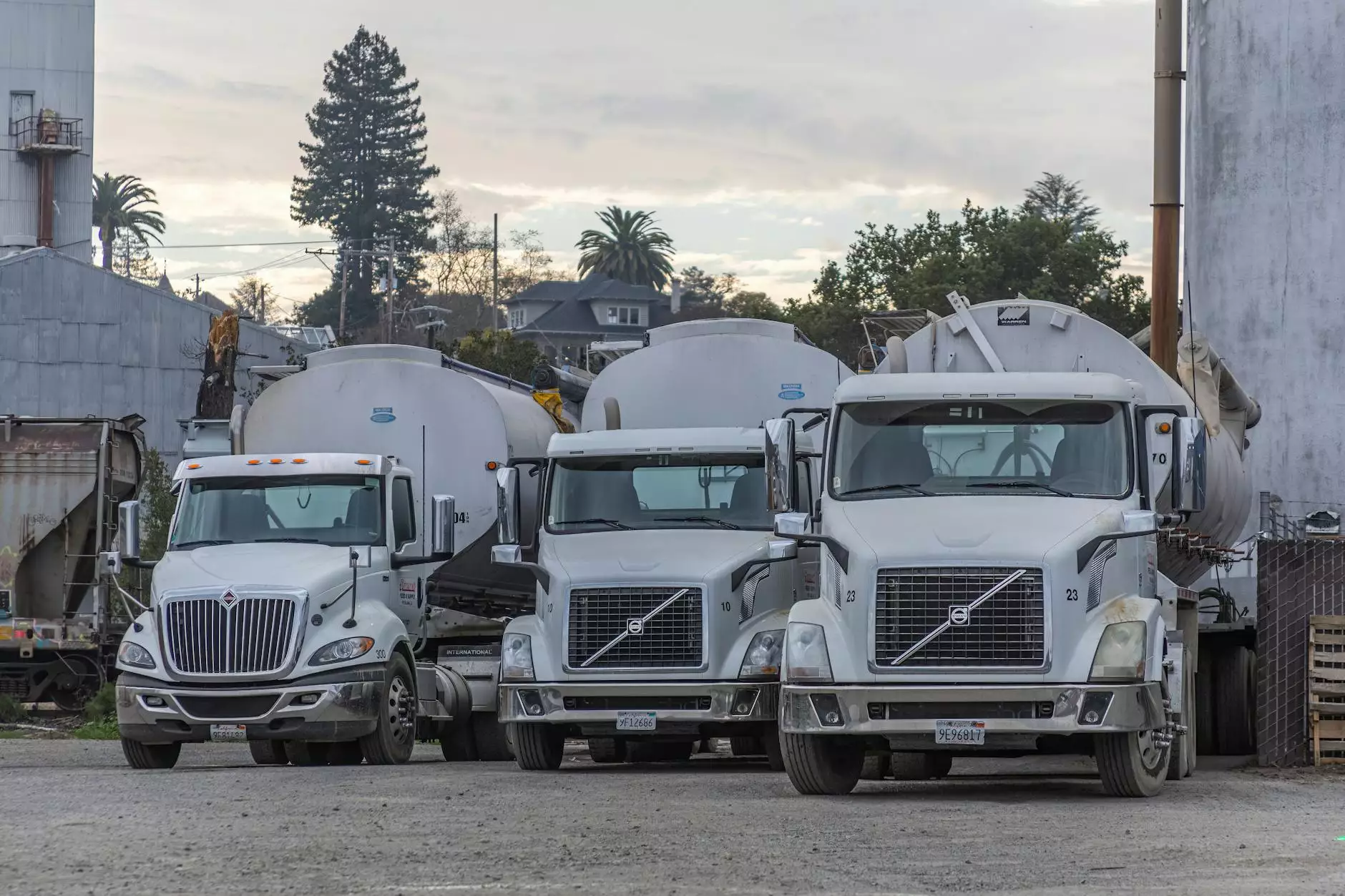Unlocking Opportunities: Jobs in Warehousing

Warehousing isn't just about storing goods; it's a complex, dynamic, and critical component of the supply chain that fuels the economy. As e-commerce continues to grow, so does the demand for skilled professionals in the warehousing sector. In this article, we will delve deep into the world of jobs in warehousing, exploring various roles, what you can expect, and how you can jumpstart your career in this field.
The Importance of Warehousing in the Modern Economy
Warehousing is a fundamental aspect of logistics and supply chain management. Companies rely heavily on warehouses for several crucial functions, including:
- Storage of Goods: Warehouses provide the necessary space to store products before they reach the consumer.
- Inventory Management: Effective warehousing helps businesses maintain optimal inventory levels, reducing costs and improving efficiency.
- Distribution: Warehouses act as distribution centers that facilitate the rapid delivery of goods.
- Order Fulfillment: They play a key role in picking, packing, and shipping orders to customers.
The Growing Demand for Warehousing Jobs
According to industry reports, the warehousing sector is on an upward trajectory. With the rise of online shopping and global trade, there has been an increasing need for efficient warehousing solutions. This growth has led to a surge in job openings within the industry, making it a promising career path.
Statistics Driving the Demand
Here are some key statistics that highlight the demand for jobs in warehousing:
- The U.S. Bureau of Labor Statistics projects a growth rate of 7% from 2020 to 2030 for warehouse jobs.
- The average warehouse wage has increased by 15% in the last five years, reflecting the high demand for workers.
- Over 1 million new warehouses are expected to be built globally over the next decade.
Types of Jobs Available in Warehousing
The warehousing field encompasses a variety of roles, each requiring different skills and qualifications. Here are some of the key positions you might consider when looking for jobs in warehousing:
1. Warehouse Operative
A warehouse operative is often the backbone of the warehousing operation. Responsibilities include:
- Receiving and inspecting incoming shipments.
- Picking and packing orders for shipment.
- Operating forklifts and other machinery.
- Maintaining cleanliness and organization within the warehouse.
2. Warehouse Supervisor
Supervisors oversee daily operations within the warehouse and manage a team of operatives. Key duties include:
- Training new staff members.
- Scheduling labor to meet operational demands.
- Ensuring safety protocols are followed.
- Monitoring inventory levels.
3. Inventory Manager
Inventory managers are responsible for controlling and managing stock levels. They ensure that the right amount of inventory is available at all times. Tasks include:
- Conducting regular inventory audits.
- Implementing inventory control systems.
- Collaborating with suppliers and vendors.
4. Shipping and Receiving Clerk
Shipping and receiving clerks handle the documentation and logistical aspects of shipping and receiving goods. Their role involves:
- Processing shipping orders.
- Maintaining records of goods received and shipped.
- Coordinating with carriers for timely delivery.
5. Forklift Operator
Forklift operators play a critical role in warehouse operations by moving heavy items. Their competencies include:
- Operating forklifts safely and efficiently.
- Conducting daily safety checks on equipment.
- Loading and unloading containers.
Skills Required for Jobs in Warehousing
To excel in jobs in warehousing, there are several essential skills you should develop. These include:
1. Physical Stamina
Many warehouse jobs are physically demanding. Workers should be prepared to lift heavy objects and be on their feet for extended periods.
2. Attention to Detail
Accuracy is crucial in warehousing. Ensuring the right products are shipped and maintaining proper inventory levels requires a keen eye for detail.
3. Technical Skills
Familiarity with warehouse management systems and technology, such as barcode scanners and inventory software, is increasingly important.
4. Teamwork
Warehousing relies on effective teamwork. Being able to collaborate with colleagues is essential for smooth operations.
5. Problem-Solving Skills
From inventory discrepancies to equipment failures, the ability to identify problems and implement solutions quickly is invaluable in this industry.
How to Get Started in Warehousing
Entering the warehousing industry can be straightforward, but understanding the steps to take can significantly improve your chances of success. Here’s how to get started:
1. Research Job Opportunities
Look for job listings on platforms such as job4u.ae or other employment websites that specialize in warehousing positions.
2. Acquire Relevant Qualifications
While many warehouse jobs do not require formal education, acquiring certifications like Forklift Operator Certification can enhance your employability.
3. Tailor Your Resume
Highlight your skills and any applicable experience on your resume. Use keywords relevant to jobs in warehousing to ensure your CV stands out to employers.
4. Prepare for Interviews
Be ready to discuss your physical capabilities, past experiences, and how you can contribute to the team. Employers value candidates who are proactive, reliable, and safety-conscious.
Advancement Opportunities in Warehousing Careers
The warehousing sector is not just about entry-level jobs; there are numerous opportunities for advancement. Here are some potential career paths:
1. Management Positions
With experience, you can progress to management roles, such as warehouse manager or operations manager, overseeing broader aspects of warehouse strategy and efficiency.
2. Specialized Roles
Beyond traditional job titles, there are growing opportunities in specialized areas, such as automation technology, logistics coordination, and data analysis within warehouses.
3. Career Development Programs
Many companies offer developmental programs that allow employees to gain skills and move into higher-level positions. Taking advantage of these can fast-track your career.
The Future of Warehousing Jobs
The future of warehousing looks promising, with continued growth driven by advancements in technology and an ever-increasing demand for efficiency. Expect to see:
1. Automation and Robotics
As warehouses embrace technology, roles will evolve to focus more on managing automated systems than manual labor.
2. Sustainability Initiatives
With growing concern for the environment, jobs that focus on sustainable practices within warehousing will become increasingly important.
3. Ongoing Education and Training
Warehouse workers will likely require continuous training to adapt to new technologies and methods. Lifelong learning will be a key component of success in this field.
Conclusion
In conclusion, pursuing jobs in warehousing offers a wealth of opportunities in a robust and growing sector. With the right skills, determination, and an understanding of the industry, you can build a rewarding career in warehousing. Whether you're starting your journey or seeking advancement, the warehousing industry is ripe with possibilities, promising growth and sustainable employment for years to come.









